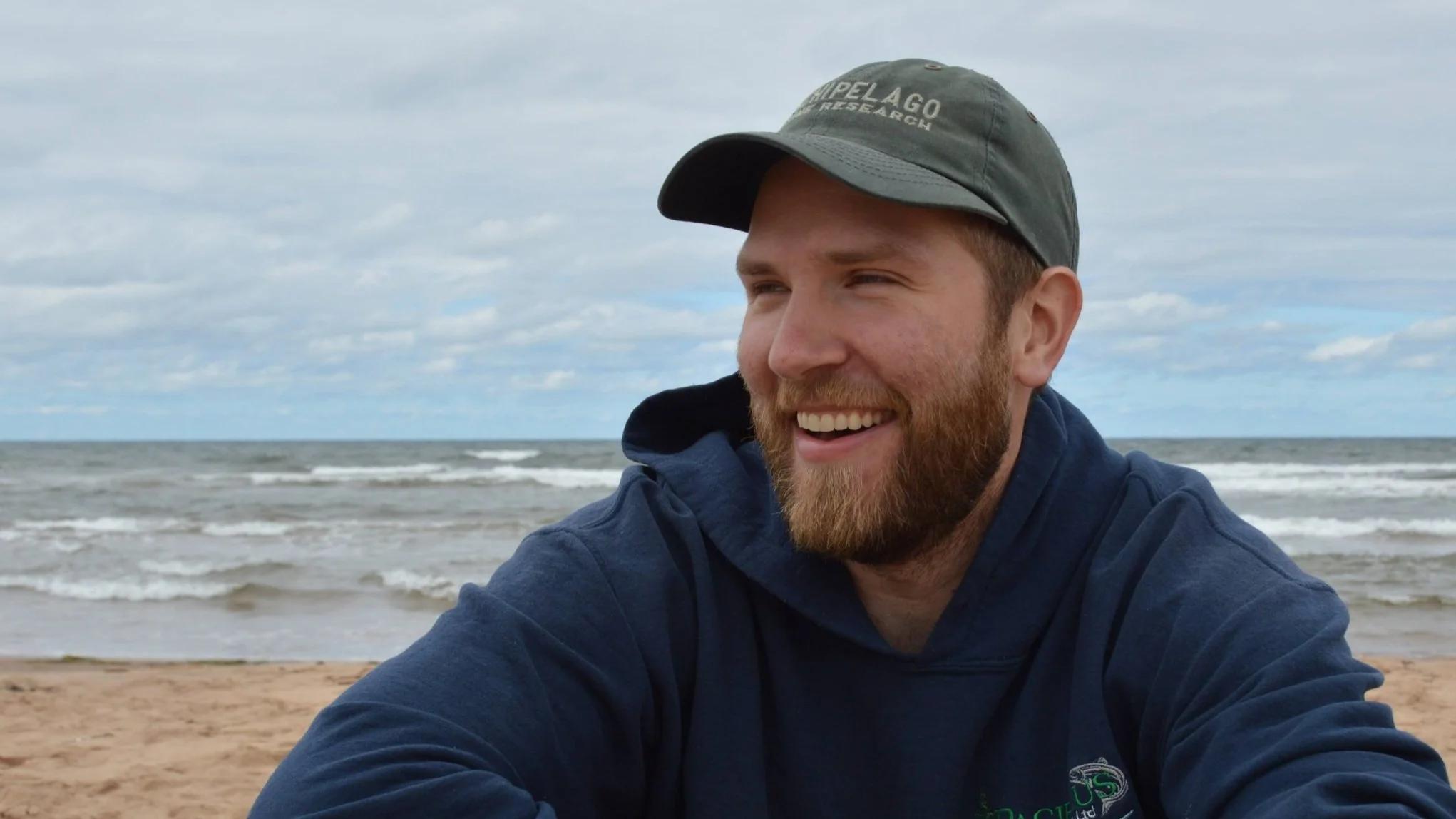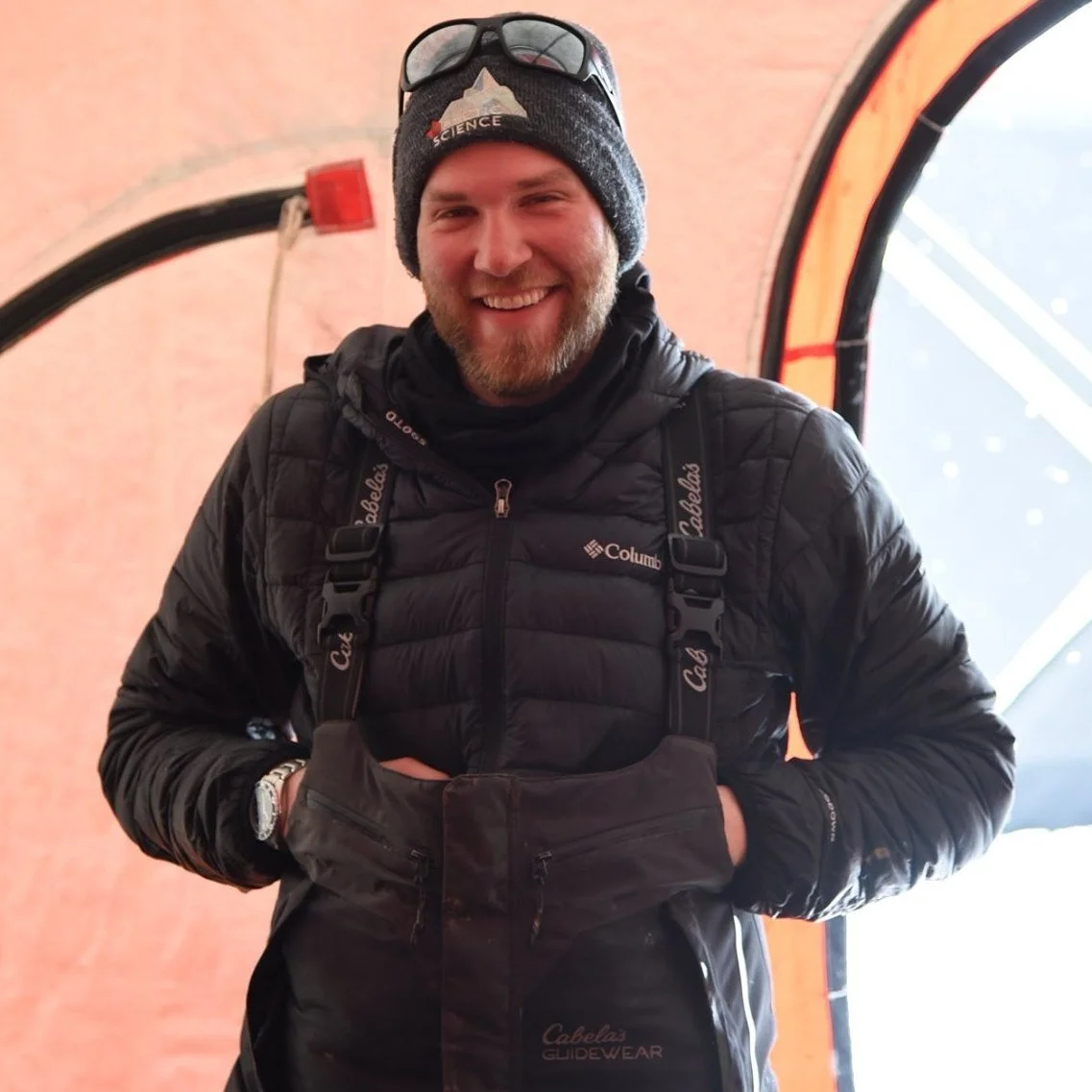Coast to coast to coast…
My passion for the marine environment started at an early age growing up on the west coast of British Columbia, Canada. Here I obtained my BSc Hons. in marine biology at UBC while researching marine mammal physiology and ecology, and gained experience in biological consulting and ecotourism.
Then, I moved to Winnipeg for my MSc, where I studied the spatial and diet ecology of ringed seals in the Canadian Arctic. I conducted field work in the Arctic five times (including Alert, Nunavut, the northernmost continuously inhabited place in the world!)
Currently, I am a PhD student studying the endangered North Atlantic right whale in the Davies Lab at the University of New Brunswick - Saint John on the east coast of Canada.
I am happy to have completed the very Canadian feat of studying and working on all three of Canadas oceans.
My research interests include the ecology of marine predators and the methods used to study them. I am fascinated by the ability of marine predators to influence the food webs they are a part of and how they can be indicators of healthy ocean ecosystems. Since marine predators are so hard to study, I am constantly excited by all the different methods we develop to better understand them.
More specifically, I am interested in 1) species distributions, habitat use, and movement using satellite telemetry, and surveys, and 2) diet and feeding ecology using diet tracers.
Outside of academia, I also like sports (especially baseball), camping, climbing, hiking, history, reading, music, and podcasts.
Top books I’ve read this year
Cloud Cuckoo Land by Anthony Doerr
The Sisters Brothers by Patrick deWitt
A Gentleman in Moscow by Amor Towles
Canadian artists everyone should listen to
Arkells
Dear Rouge
Dan Mangan
The Glorious Sons
Mother Mother
The Sheepdogs
Support our Science
I am a firm believer that the work of scientists and graduate students are invaluable to our society, and as a biologist I believe this is especially true regarding their work mitigating the ongoing climate and biodiversity crisis.
Despite this, the work of scientists and graduate students is currently highly undervalued. Federal scholarships for graduate students to do their vital research have not seen an increase since 2003, and since these scholarships are seen as the gold standard, other sources of funding will not change meaningfully until the federal government leads the way.
Our society and economy relies on strong science which is not possible without supporting our scientists. Poor support for graduate students also limits the inclusivity of science as underrepresented groups are usually less able to withstand the financial hardships of graduate school. A lack of these diverse voices further harms the quality of science contributing to our society.
I stand with Support our Science in calling for increases to graduate student pay across the country and encourage all to contribute their time or money to this grassroots organization.


